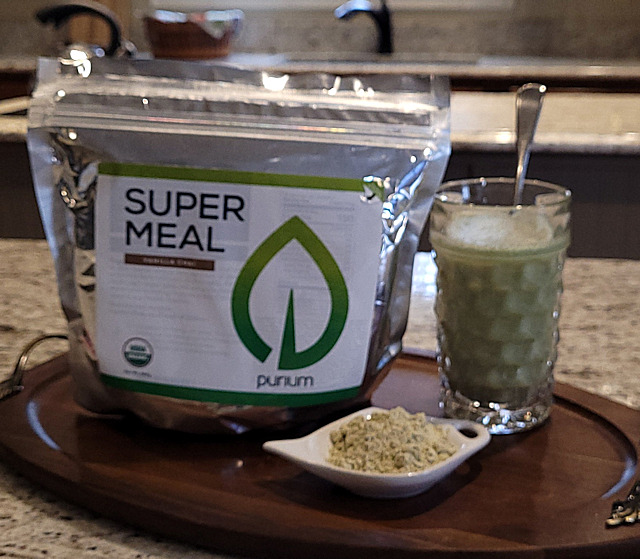Overview:
Malic acid, also known as (2-hydroxybutanedioic acid) is a naturally occurring organic compound found in many fruits and vegetables such as apples, pears, and tomatoes. It has been used for centuries as a natural remedy for various ailments, and more recently as a supplement for athletes and bodybuilders. This article will discuss the potential benefits of malic acid as a supplement, as well as its potential side effects.
Malic acid is an important component of the citric acid cycle, which is a metabolic process that occurs in all living organisms. It is involved in the generation of energy from carbohydrates and fats, and is essential for the proper functioning of the cells. Malic acid is also a precursor to the production of ATP, the energy currency of the cell.
Malic acid has several potential health benefits. It is believed to have antioxidant properties, which may help reduce oxidative stress and protect cells from damage caused by free radicals. In addition, malic acid may help support healthy skin and hair, as well as improve digestion and reduce fatigue. It has also been used to treat certain skin conditions such as eczema, psoriasis, and acne.
Malic acid is available as a supplement in powder, capsule, or tablet form. It is also found in many natural foods such as apples, pears, grapes, and tomatoes. It is also available in many energy drinks and sports nutrition supplements.
As with any supplement, there are potential side effects associated with malic acid. Some people may experience stomach upset or nausea when taking malic acid supplements, especially if taken on an empty stomach. It is also important to note that malic acid can interact with certain medications, so it is important to discuss its use with a healthcare provider before taking it.
In conclusion, malic acid is a naturally occurring organic compound found in many fruits and vegetables. It has been used for centuries as a natural remedy for various ailments, and more recently as a supplement for athletes and bodybuilders. Malic acid may help reduce oxidative stress and support healthy skin, hair, and digestion. It is available as a supplement in powder, capsule, or tablet form, and is also found in many natural foods. There are potential side effects associated with malic acid, so it is important to discuss its use with a healthcare provider before taking it.
Malic acid has been used as a supplement since the 1920s. It is a naturally occurring substance found in fruits and vegetables, and is also produced by certain bacteria. It is a carboxylic acid and is found in the form of magnesium, calcium, or potassium salts. Malic acid is used to help restore the body’s pH balance, as well as for its potential to reduce fatigue and improve energy levels.
Malic acid was first isolated from apple juice in 1785. It wasn’t until the 1920s that it began to be used as a supplement. In the 1930s, it was used in combination with other vitamins and minerals to treat fatigue. In the 1950s, it was used to help restore the body’s pH balance.
Malic acid has become popular in recent decades due to its potential to reduce fatigue and improve energy levels. It is believed to work by increasing the production of adenosine triphosphate (ATP), which is a source of energy for cells. Malic acid is also thought to help the body more efficiently use other nutrients such as magnesium and calcium.
When taken as a supplement, malic acid is typically found in combination with magnesium, calcium, or potassium salts. The recommended dosage is generally 300-1,200 mg daily, depending on the type of supplement. It has been used in combination with other supplements such as B-complex vitamins, magnesium, and Coenzyme Q10.
Malic acid is generally considered safe, however side effects can include nausea, abdominal discomfort, and headaches. As with any supplement, it is important to speak to a doctor or healthcare provider before taking it. They can help determine if it is the right supplement for you and provide advice on the appropriate dosage.
Side Effects of Malic Acid as a supplement:
The most common side effects of taking Malic Acid as a supplement are stomach upset, nausea, diarrhea, and headache. Other less common side effects can include dizziness, insomnia, muscle aches, and joint pain. In some cases, more serious side effects such as allergic reactions, difficulty breathing, and skin rashes have been reported. If you experience any of these symptoms, it is important to stop taking the supplement and speak with your doctor.
Summary of Malic Acid as a supplement:
Malic acid is a supplement that is gaining popularity due to its potential health benefits. It is a naturally occurring acid found in many fruits and vegetables, and is known for its tart, sour taste. Malic acid is thought to have anti-inflammatory properties, and may help reduce muscle soreness after exercise. It is also being studied for its possible benefits in treating chronic fatigue syndrome, fibromyalgia, depression, and other conditions. Malic acid is available in supplement form, and is typically taken with meals or as directed by a healthcare provider. It is important to speak with a healthcare professional before taking any supplements, as they can interact with medications and cause side effects.
Frequently Asked Questions:
What is malic acid?
Malic acid is a naturally occurring organic compound found in many fruits and vegetables. It is also sold as a dietary supplement, typically in the form of a pill, powder, or liquid.
What are the benefits of taking malic acid?
People take malic acid supplements to help treat chronic fatigue syndrome, fibromyalgia, muscle pain, and other conditions. It is also believed to help boost energy, increase endurance, and improve exercise performance.
What is the recommended dosage of malic acid?
The recommended dosage of malic acid depends on the individual and the condition being treated. Generally, it is recommended to take 500-1500 mg per day in divided doses.
Are there any side effects of taking malic acid?
While malic acid is generally considered safe, some people may experience side effects such as upset stomach, diarrhea, or headaches. If any of these occur, it is recommended to reduce the dosage or discontinue use.









